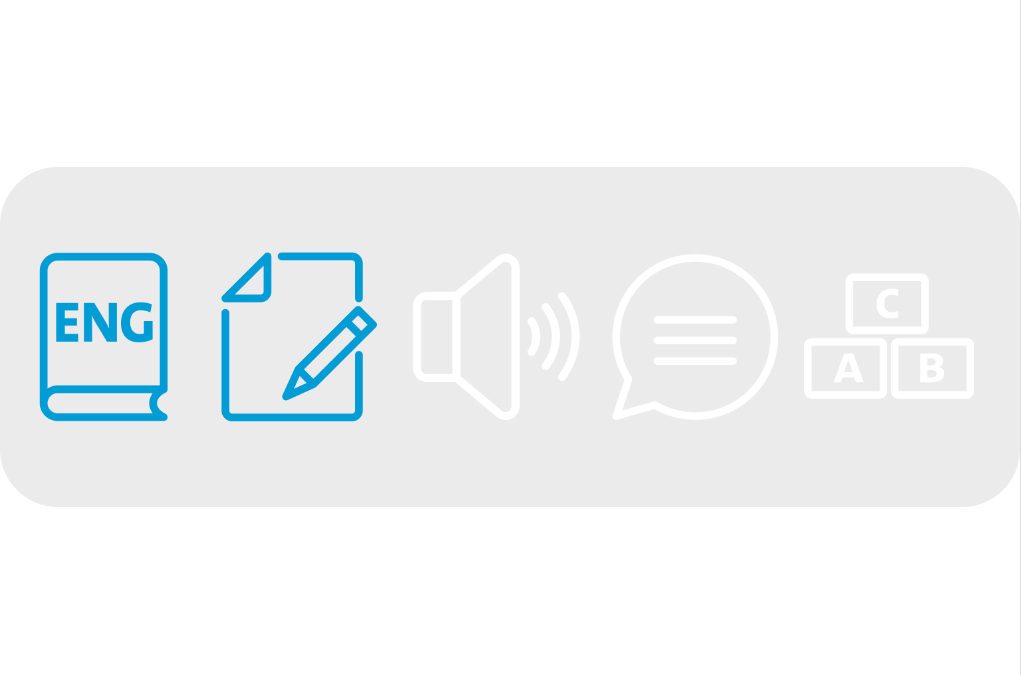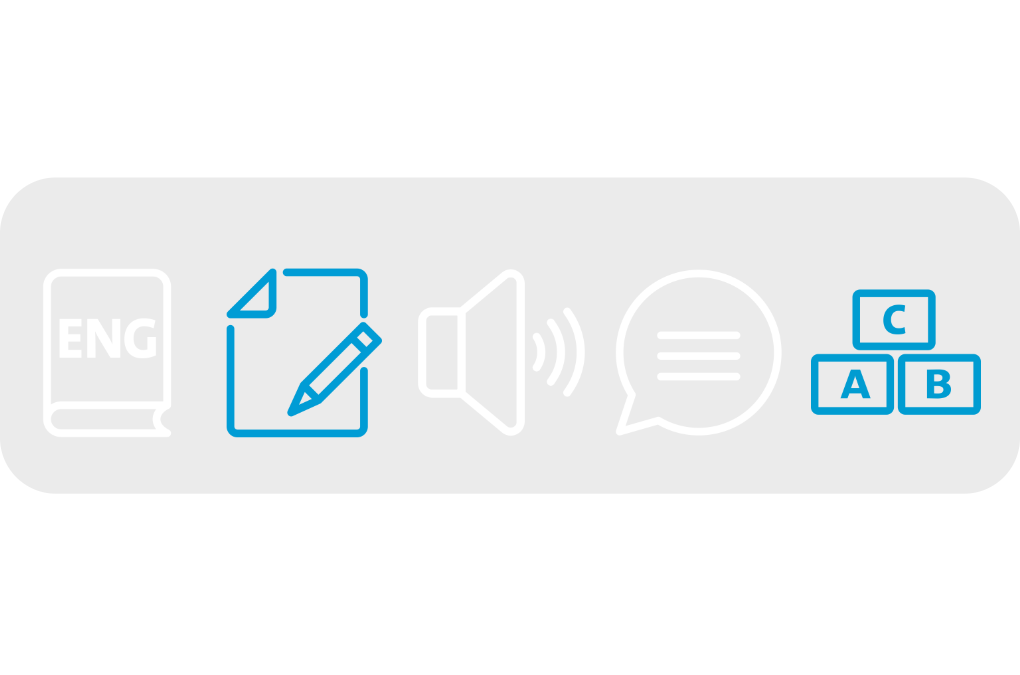
by Susannah | Tuesday, June 23, 2020 | Practice, Practice Vocabulary
Do you know what a neologism is? Put together from the Greek neo-, ‘new’ and logos, ‘word’, the term describes just what is sounds like: a newly minted word or expression. Most of the time, it is difficult or impossible to trace the origins of...

by Thom | Monday, May 25, 2020 | Practice, Practice Vocabulary
Have a look at the Jabberwocky again. You can read and listen to the poem...

by Camila Otálora | Wednesday, May 20, 2020 | Practice, Practice Vocabulary
Idioms are an integral part of a language and English is no exception (according to Wikipedia, English has approximately “twenty-five thousand idiomatic expressions”). As we have pointed out on our Idiom of the Week posts, these expressions are used in a...

by Merve Yilmaz | Monday, April 27, 2020 | Practice, Practice Vocabulary
In our post on Finding and Identifying Rhetorical devices we have already talked about identifying rhetorical devices that can enhance meaning in a text. Poetry is full of imagery and metaphors and there are many layers to analyse within a poem. In the following, we...
by Merve Yilmaz | Monday, January 6, 2020 | Practice, Practice Vocabulary
Idiomatic phrases enrich our use of language and register. Often, they do not make any sense if taken literally- therefore, you need to learn their meaning. Do you understand common English idioms and sayings? Test your knowledge with this...

by Nadja Wostiera | Monday, September 17, 2018 | Practice, Practice Vocabulary
In another article we inform you about collocations. This exercise focuses on a particular collocation type, the adverb-verb collocations. In this case the adverb functions as an itensifier. These emphatic expressions are used in formal English in...







